Merck and Acceleration Collaborate to Revolutionize Scientific Discovery with AI
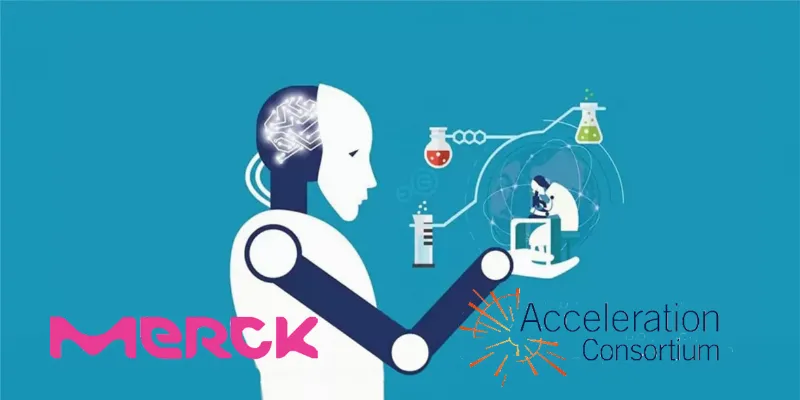

Digital Health |
7 December 2023
In a collaborative move towards advancing the frontiers of scientific discovery, Merck has partnered with the Acceleration Consortium to release their AI-driven experimentation planner, BayBE, as an open-source project on GitHub. This joint effort marks a significant contribution to the advancement of self-driving labs and fosters innovation in experimental planning and execution.
Merck and the Acceleration Consortium, in partnership with the University of Toronto, have open-sourced their artificial intelligence (AI) driven experimentation planner, Bayesian Back End (BayBE), on GitHub. This move, under an Apache 2.0 license, represents a groundbreaking collaboration that aims to revolutionize scientific discovery. By making BayBE freely available, this initiative democratizes access to cutting-edge AI tools, accelerating experimentation, and fostering innovation in self-driving laboratories.
Collaborative Innovation
The joint initiative combines Merck’s portfolio of use cases with the Acceleration Consortium’s expertise in self-driving labs. This initiative is vital as it paves the way for faster discoveries, reduced costs, and increased sustainability in research across various industries.
The Importance of Open-Source Code in Scientific Discovery
Alán Aspuru-Guzik, Professor of Chemistry and Computer Science at the University of Toronto and Director of the Acceleration Consortium, stating,
“The release and maintenance of open-source code for scientific discovery is imperative for the advancement of self-driving labs. This collaboration moves the needle of multi-stakeholder work in the area of self-driving labs. I am thrilled about our collaboration with Merck on developing and publishing software for AI-assisted experimental planning. With this software, we can revolutionize the way experiments are designed and conducted, accelerating discoveries and driving progress in ways we have never imagined before.”
BayBE, built jointly across Merck's three business sectors, is a versatile toolkit for intelligent iterative experimentation, particularly tailored for chemistry and materials science. It streamlines experimentation by offering recommendations for the next best experiment, ultimately leading to faster and superior results. BayBE can also serve as the "brain" for automated equipment, enabling entirely closed-loop self-driving laboratories.
Laura Matz, Chief Science and Technology Officer at Merck, echoed the sentiment, stating:
“This development is a great outcome of our focus on ‘innovation powered by data and digital’. Together with our partners at the Acceleration Consortium, we continue to push productivity with digital tools such as BayBE. Merck continues to invest in digital technologies that can disrupt the healthcare, life science and electronics industries. BayBE unites several advanced technologies under one umbrella and focuses on making them useful for industrial purposes.”
Impact on Experimental Design
The traditional approach to experimental design often relies on intuition and the experience of individual experimentalists. This can lead to significant variations between labs and is particularly challenging for complex optimization campaigns. Artificial intelligence enables innovative ways of addressing these issues, reducing the time and money required while also increasing sustainability.
The open-sourcing of BayBE represents a landmark moment in the scientific community, promising to democratize advanced experimental planning tools and pave the way for accelerated innovation across industries. As Merck continues to invest in digital technologies that disrupt healthcare, life sciences, and electronics, BayBE stands as a testament to their commitment to innovation powered by data and digital advancements.
The BayBE software already powers dozens of use-cases at Merck
VRP ExcipientFinder: Part of the viscosity reduction platform service of the Life Science business sector of Merck; a tool to accelerate selection of viscosity reducing excipients. BayChem: Self-service experimental planner available to everyone at Merck, directly enabling our lab users. Self-driving autonomous flow chemistry at Merck: closed-loop platform in the R&D of the Life Science business sector that optimizes chemical reactions fully autonomously





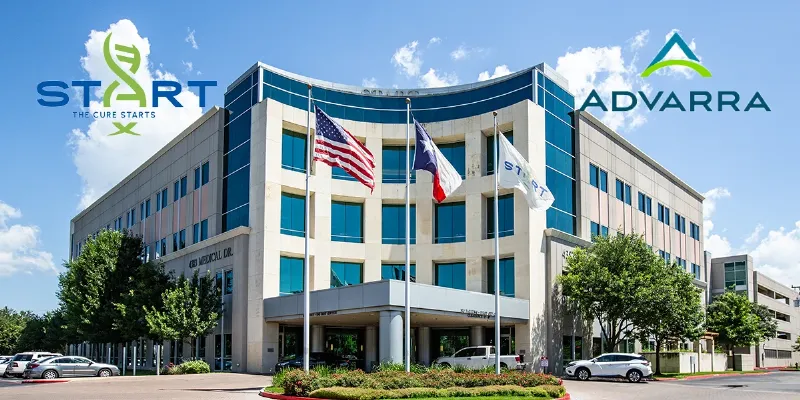
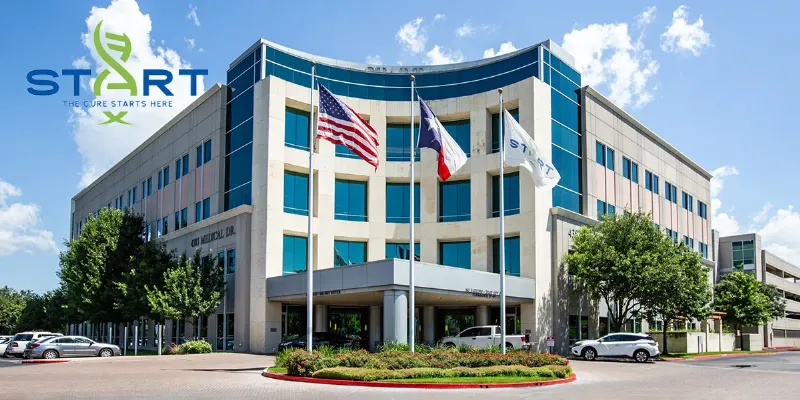

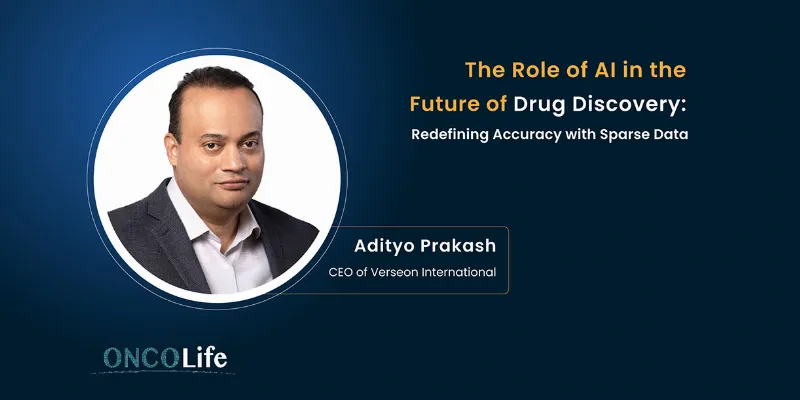

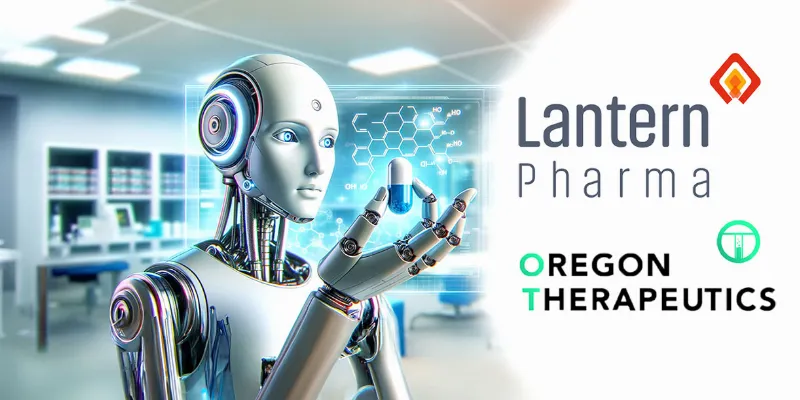
Comments
No Comments Yet!